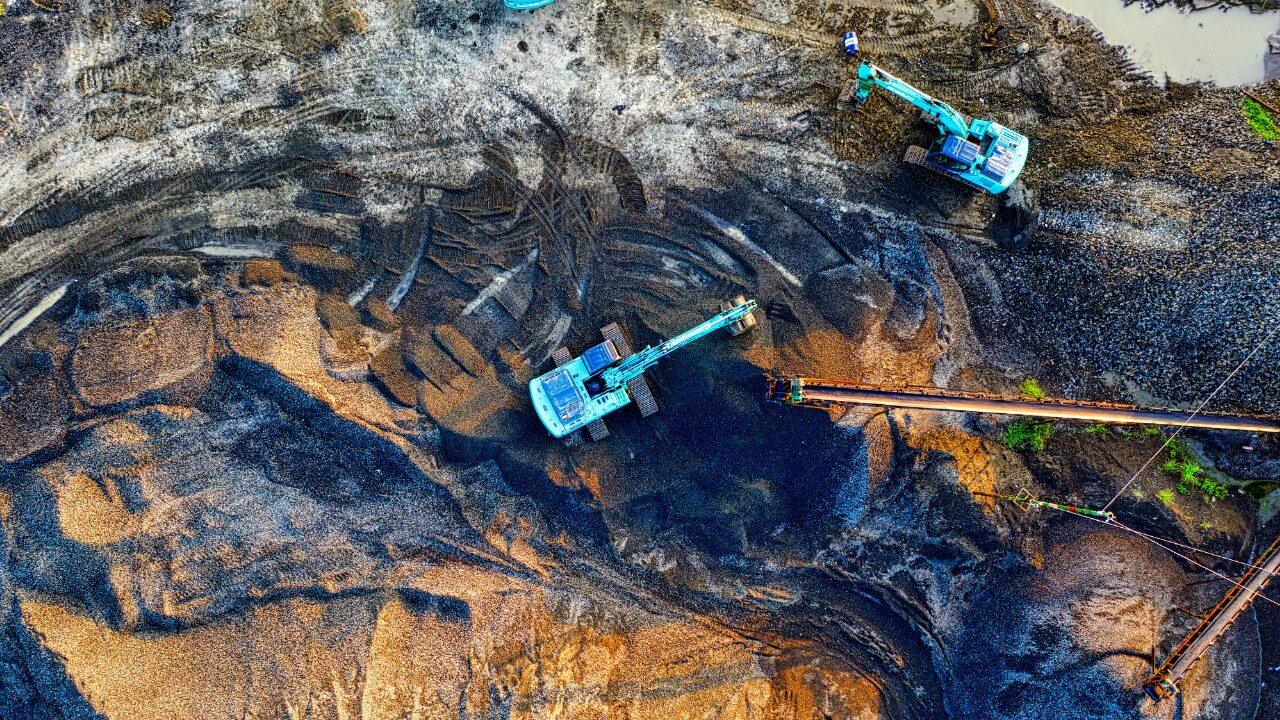Date first published: 10/06/2025
Key sectors: mining
Key risks: business risks; business disruptions; frustration of process
Risk development
On 29 May the government cancelled 129 mineral exploration permits, primarily focused on the gold, diamond and bauxite mining sectors. The stated reason was to facilitate a switch to a digitised system to reportedly optimise the licensing and exploration process, with all assets returned to the government. This followed the revocation of 51 mining permits from gold, bauxite, iron and other mineral operators on 15 May for reportedly underutilising concessions and failing to meet the terms in the concession agreement.
Why it matters
The transitional government’s drastic move signals Conakry’s willingness to leverage its natural resources to secure better terms for revenue, education and employment. The junta has expressed its desire to develop local refineries for bauxite, iron and gold to develop local value-added processing in the mining sector and build adjacent sectors to the mining industry. In the case of Emirates Global Aluminium and Kebo Energy’s licences, their failure to construct an aluminium refinery connected to their mining sites in the country – a part of their initial concessions – led to the termination of their licences on 7 and 9 May.
Beyond a few key players, the revocation of mining concessions and permits for exploration and exploitation has drastically increased the risk of confiscation and temporarily impacted investor confidence. Companies have expressed concerns over the opacity of the legal process, especially relating to the re-awarding of licences to those not facing legal challenges. Additionally, limited details over the process of offering new tenders for revoked licences will pose temporary barriers to new investors.
Background
Guinea possesses the world’s largest reserves of bauxite as well as significant iron, diamond and gold deposits, making it a key area for aluminium mining. Seeking to boost its revenues from minerals, it has pushed companies to develop domestic refining capabilities as part of its concessions. The government suspended EGA’s bauxite exports and mining permits on 11 October 2024 over their lack of progress with an aluminium refinery. Conakry has upped the ante with foreign mining companies, pressuring them to invest in domestic value-added industries to further economically benefit Guinea, with mining concessions having stipulations related to the construction of a local refinery.
This follows the expanding trend of resource nationalism in West Africa, with Conakry emphasising that the country’s resources should serve the economic interests of the country. Leveraging its vast mineral wealth in an era where securing supply chains is becoming increasingly important, Guinea and other countries in Sub-Saharan Africa (SSA) have been increasingly demanding greater investment beyond the raw extractives sector as they look to capitalise on record-high prices for gold as well as heightened demand for other minerals.
Risk outlook
The revocation of 129 mineral exploration permits and repossession of 51 mining permits will dent investor confidence in the country in the short term. The lack of transparency with re-awarding contracts and the legal dispute process will also pose further barriers to companies affected by the digitisation of records and policy shifts.
Additionally, the scale of mineral potential in Guinea means interest in investments in the mining sector will remain high for the foreseeable future. This will likely lead to a higher rate of compliance with government regulations and terms of concession to ensure operation in the country. The push to construct refineries will also give the country a short to medium-term boost in revenues, although this is unlikely to be realised in the coming two years.

